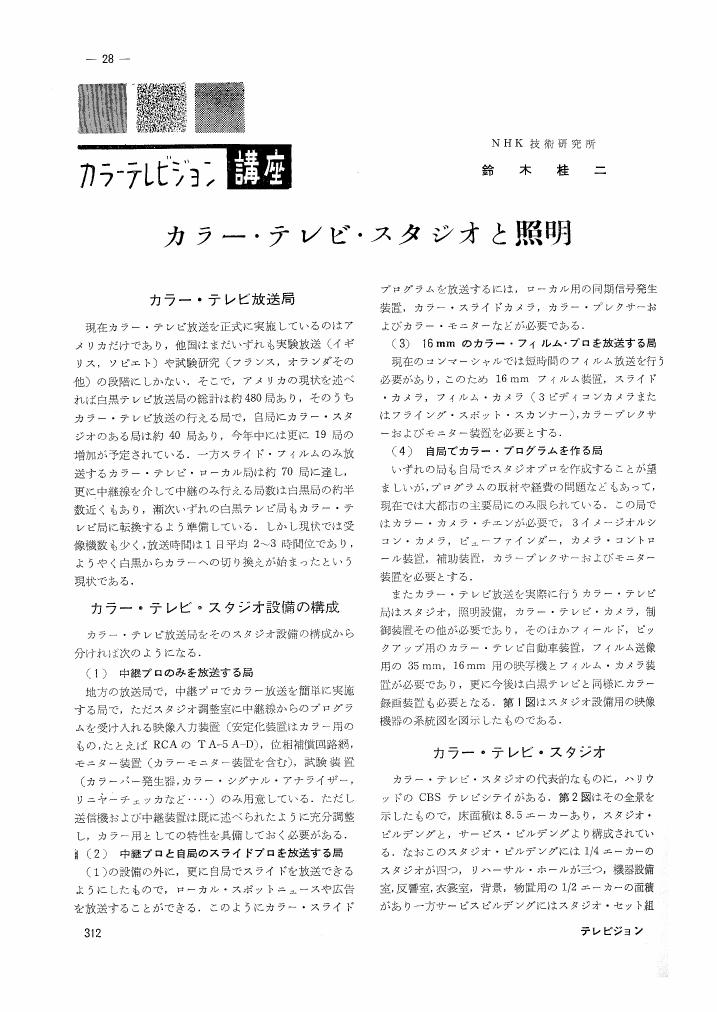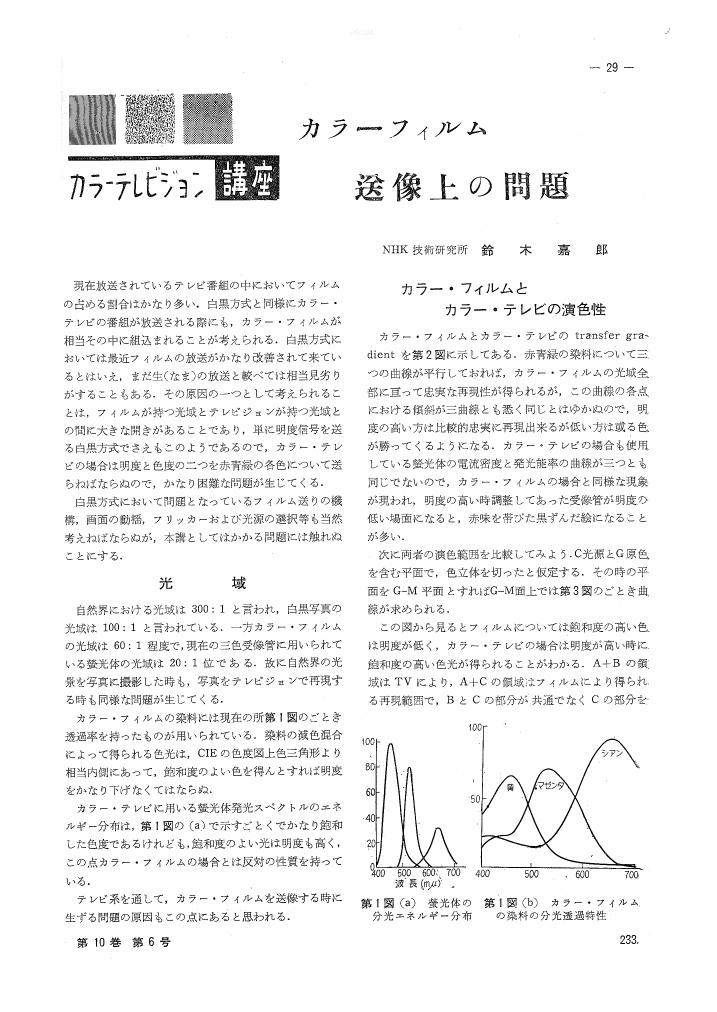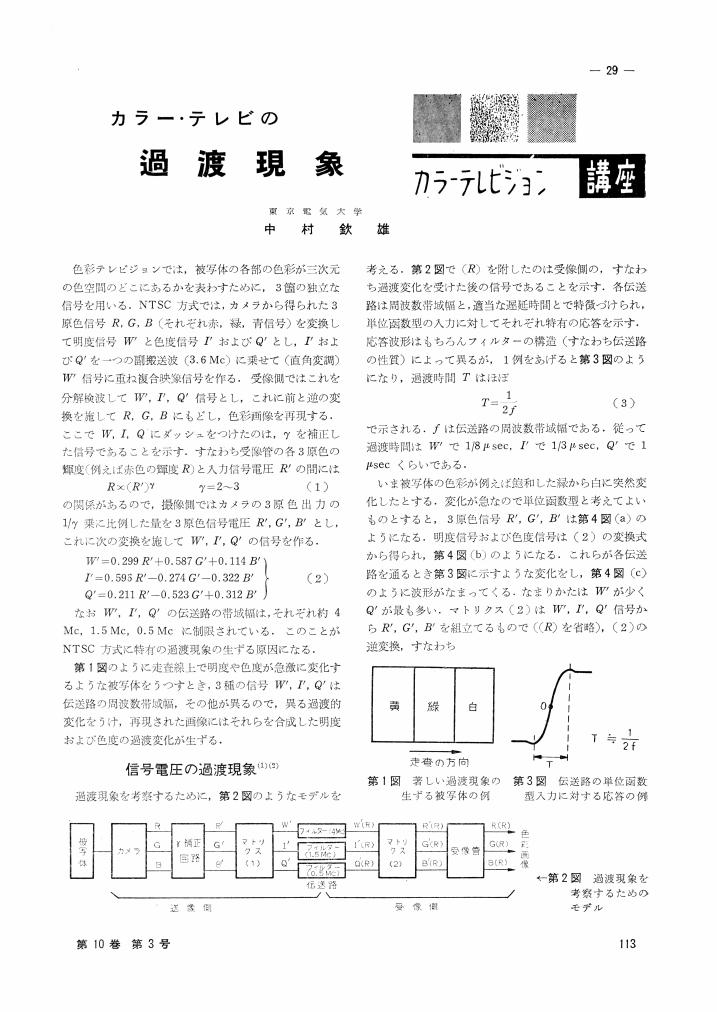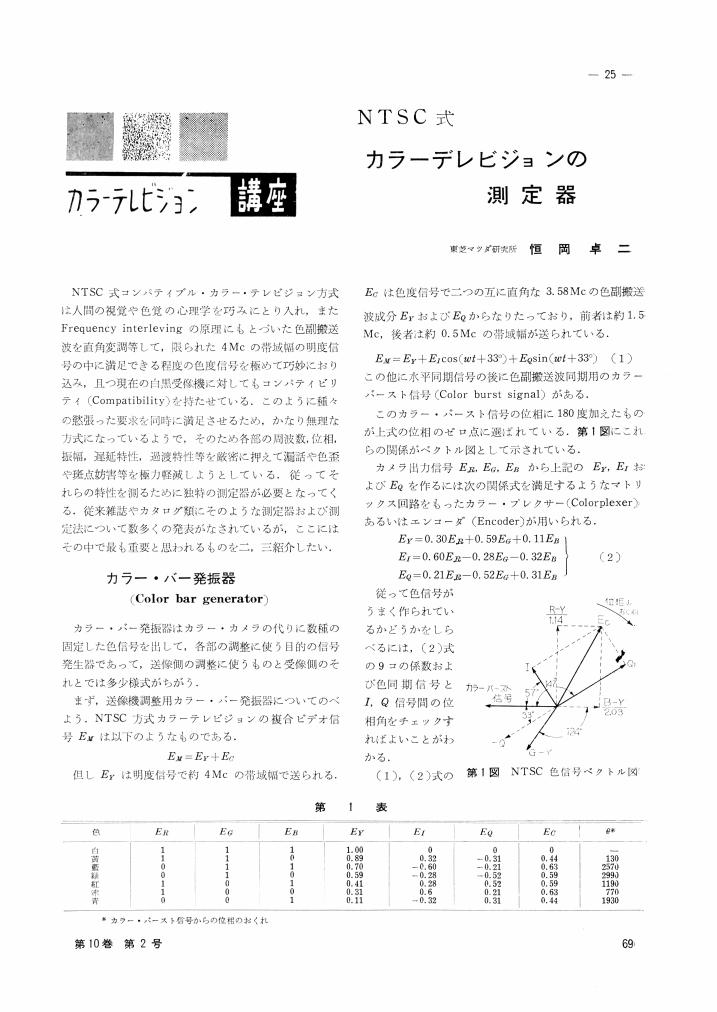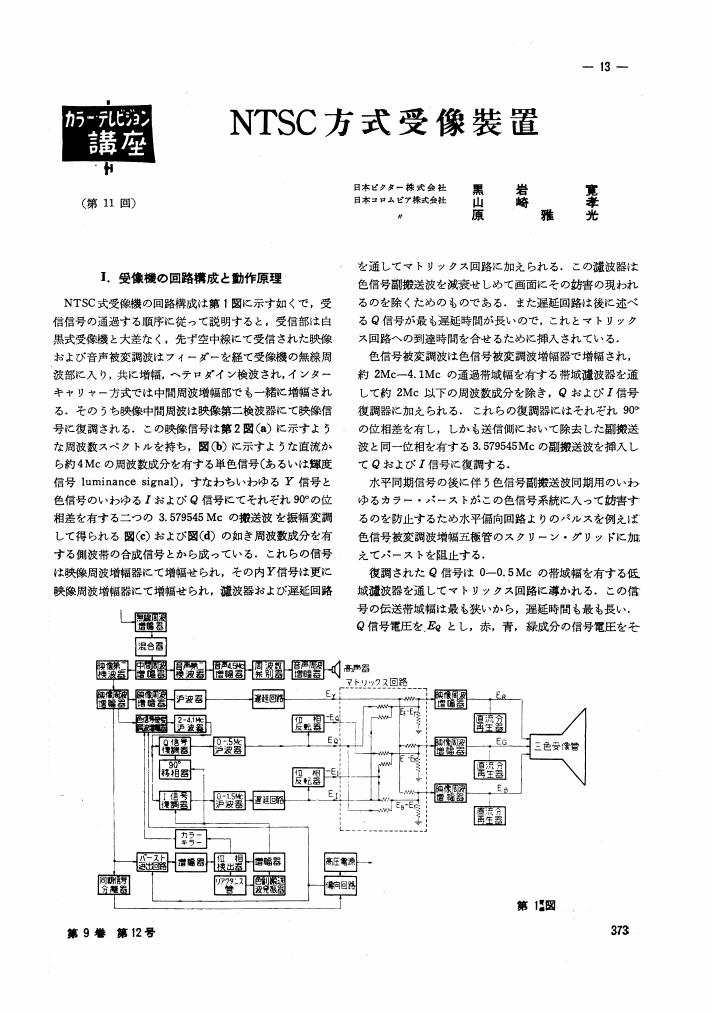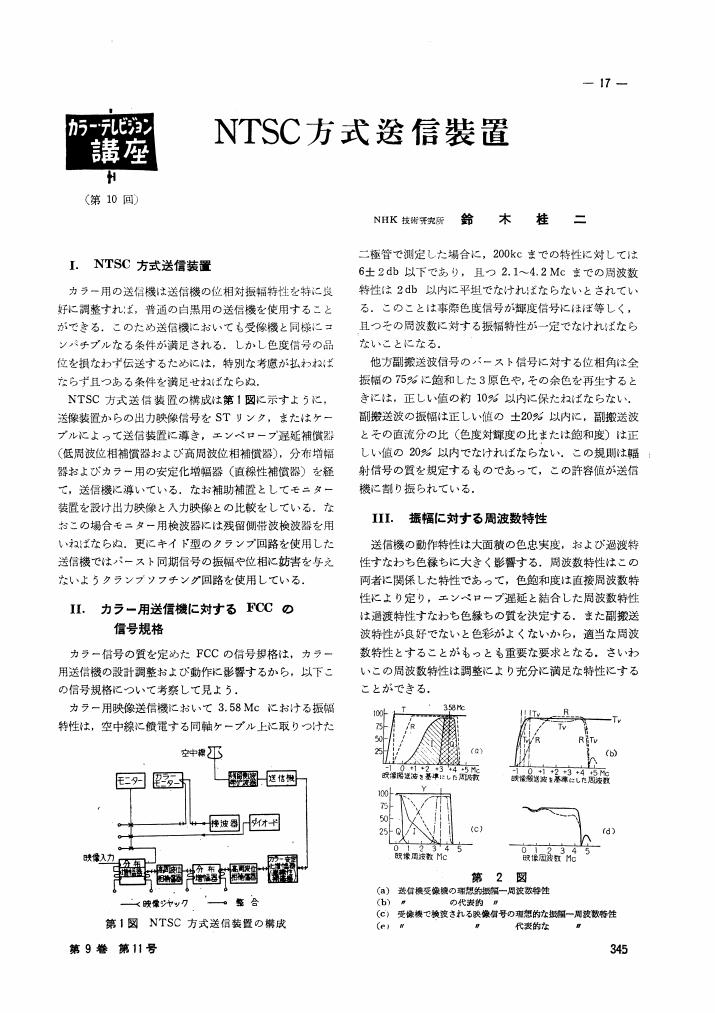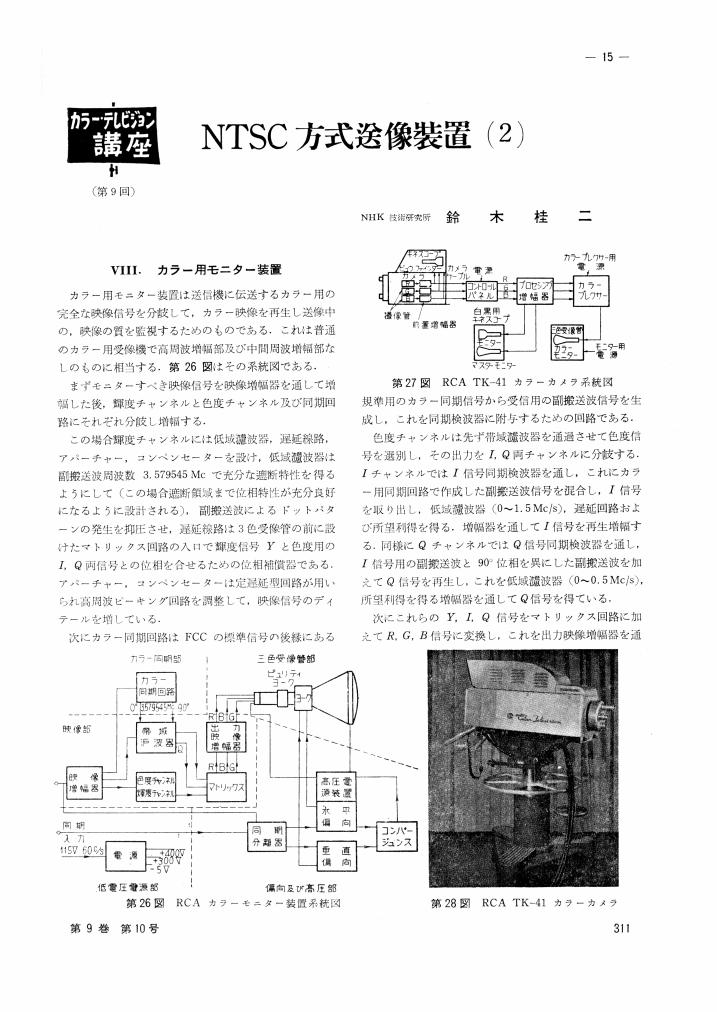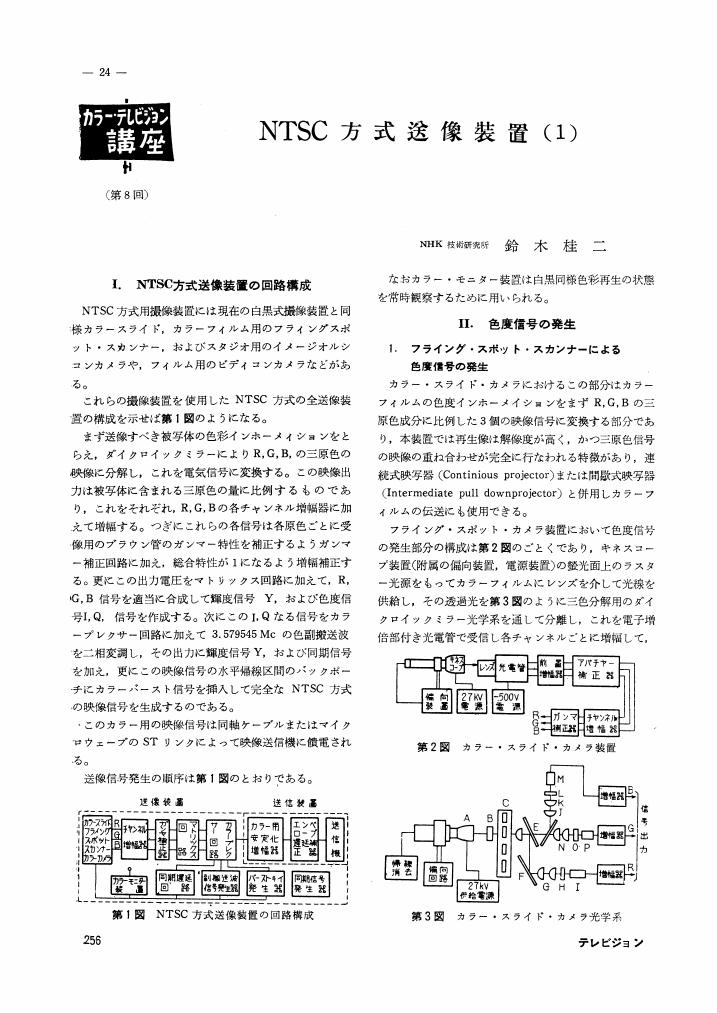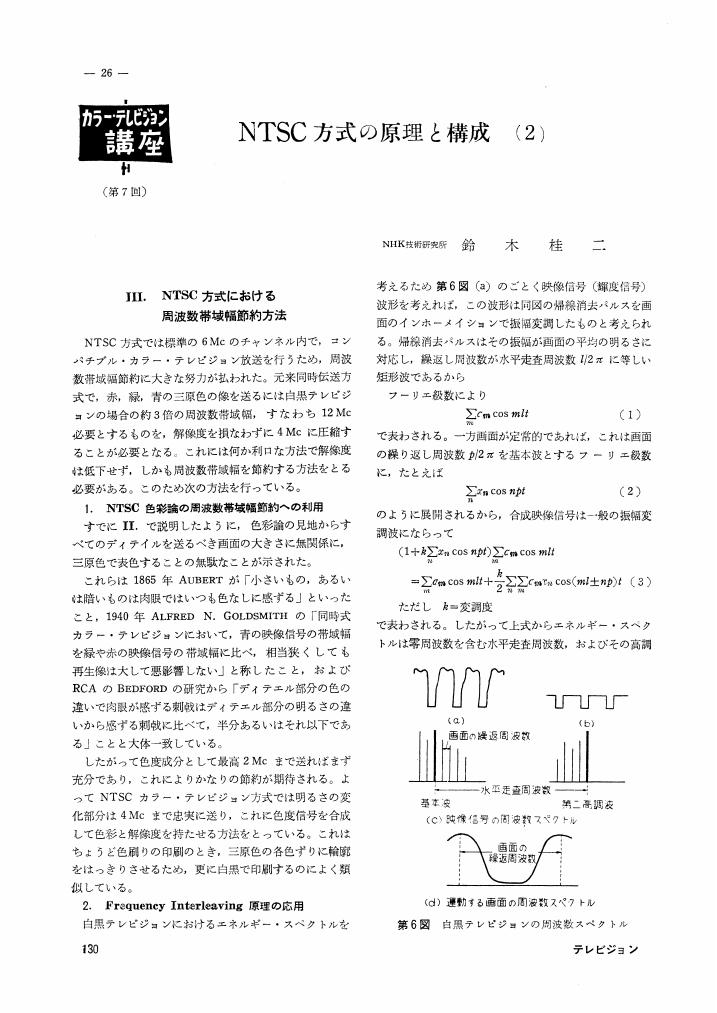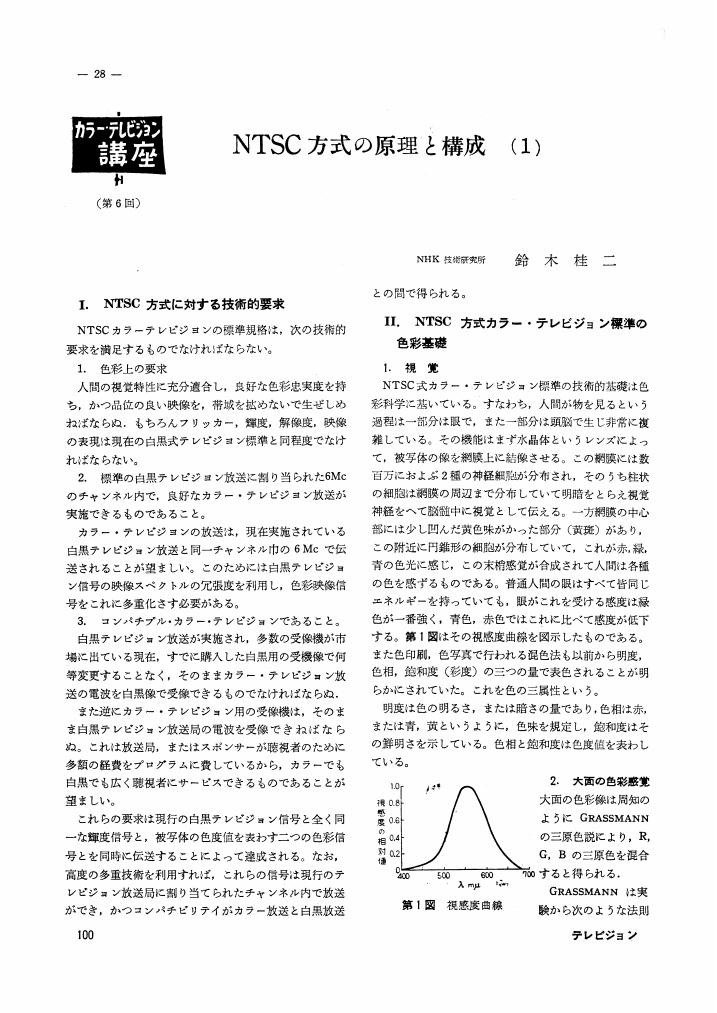1 0 0 0 OA 「理系」と認識されやすいのはどのような子どもか―母親の抱く文化的信念に焦点を当てて―
- 著者
- 田邉 和彦
- 出版者
- 一般社団法人 日本科学教育学会
- 雑誌
- 科学教育研究 (ISSN:03864553)
- 巻号頁・発行日
- vol.47, no.4, pp.497-508, 2023 (Released:2024-01-24)
- 参考文献数
- 24
Japanese higher education has a low proportion of women in academic areas such as science, technology, engineering, and mathematics (STEM). The results of recent empirical studies in Japan suggest that from the elementary school stage, boys are more likely to recognize themselves as “science types” than girls, and that such gender differentiation is maintained in later educational stages. Based on the idea that there are values that tend to regard boys rather than girls as “science types” and that these may be transmitted during the socialization process, and the discussion of the critical role of significant others in the formation of science identity, this study focused on the values held by mothers, who are the main socializers in early childhood. We first tested the hypothesis that mothers are more likely to recognize their children as “science types” if they are boys, regardless of their children’s academic abilities. Second, we tested the hypothesis that such double standards may be caused by gender-related cultural beliefs. A statistical analysis of the results of a survey of 1,000 mothers who have children in the first grade clearly supported both hypotheses. The results suggest that girls need to overcome their parents’ low expectations to develop “science type” self-concepts.
1 0 0 0 OA テレビジョンの周波数スペクトル
- 著者
- 安東 平一郎
- 出版者
- 一般社団法人 映像情報メディア学会
- 雑誌
- テレビジョン (ISSN:18849644)
- 巻号頁・発行日
- vol.10, no.1, pp.26-29, 1956-01-01 (Released:2011-03-14)
- 参考文献数
- 48
1 0 0 0 OA カレーテレビジョン講座 カラー・テレビ・スタジオと照明
- 著者
- 鈴木 桂二
- 出版者
- 一般社団法人 映像情報メディア学会
- 雑誌
- テレビジョン (ISSN:18849644)
- 巻号頁・発行日
- vol.10, no.8, pp.312-316, 1956-08-01 (Released:2011-03-14)
- 参考文献数
- 7
1 0 0 0 OA カラーテレビジョン講座 カラーフィルム送像上の問題
- 著者
- 鈴木 嘉郎
- 出版者
- 一般社団法人 映像情報メディア学会
- 雑誌
- テレビジョン (ISSN:18849644)
- 巻号頁・発行日
- vol.10, no.6, pp.233-235, 1956-06-01 (Released:2011-03-14)
- 参考文献数
- 4
1 0 0 0 OA カラー・フィルムの色彩再現
- 著者
- 馬場 輝郎
- 出版者
- 一般社団法人 映像情報メディア学会
- 雑誌
- テレビジョン (ISSN:18849644)
- 巻号頁・発行日
- vol.10, no.5, pp.191-196, 1956-05-01 (Released:2011-03-14)
1 0 0 0 OA カラーテレビジョン講座 カラー・テレビの過渡現象
- 著者
- 中村 欽雄
- 出版者
- 一般社団法人 映像情報メディア学会
- 雑誌
- テレビジョン (ISSN:18849644)
- 巻号頁・発行日
- vol.10, no.3, pp.113-115, 1956-03-01 (Released:2011-03-14)
- 参考文献数
- 4
1 0 0 0 OA カラーテレビジョン講座 カラー・テレビとインホーメーション
- 著者
- 関 英男
- 出版者
- 一般社団法人 映像情報メディア学会
- 雑誌
- テレビジョン (ISSN:18849644)
- 巻号頁・発行日
- vol.10, no.4, pp.153-156, 1956-04-01 (Released:2011-03-14)
- 参考文献数
- 5
1 0 0 0 OA NTSC式カラーデレビジョンの測定器
- 著者
- 恒岡 卓二
- 出版者
- 一般社団法人 映像情報メディア学会
- 雑誌
- テレビジョン (ISSN:18849644)
- 巻号頁・発行日
- vol.10, no.2, pp.69-75, 1956-02-01 (Released:2011-08-17)
- 参考文献数
- 17
1 0 0 0 OA NTSC方式受像裝置
- 著者
- 黒岩 寛 山崎 孝 原 雅光
- 出版者
- 一般社団法人 映像情報メディア学会
- 雑誌
- テレビジョン (ISSN:18849644)
- 巻号頁・発行日
- vol.9, no.12, pp.373-381, 1955-12-01 (Released:2011-03-14)
1 0 0 0 OA NTSC方式送信裝置
- 著者
- 鈴木 桂二
- 出版者
- 一般社団法人 映像情報メディア学会
- 雑誌
- テレビジョン (ISSN:18849644)
- 巻号頁・発行日
- vol.9, no.11, pp.345-349, 1955-11-01 (Released:2011-03-14)
- 参考文献数
- 7
1 0 0 0 OA NTSC方式送像裝置 (2)
- 著者
- 鈴木 桂二
- 出版者
- 一般社団法人 映像情報メディア学会
- 雑誌
- テレビジョン (ISSN:18849644)
- 巻号頁・発行日
- vol.9, no.10, pp.311-316, 1955 (Released:2011-08-17)
- 参考文献数
- 22
1 0 0 0 OA NTSC方式送像裝置 (1)
- 著者
- 鈴木 桂二
- 出版者
- 一般社団法人 映像情報メディア学会
- 雑誌
- テレビジョン (ISSN:18849644)
- 巻号頁・発行日
- vol.9, no.8, pp.256-261, 1955-08-01 (Released:2011-03-14)
1 0 0 0 OA NTSC方式の色彩理論
- 著者
- 久保田 広 佐藤 俊夫
- 出版者
- 一般社団法人 映像情報メディア学会
- 雑誌
- テレビジョン (ISSN:18849644)
- 巻号頁・発行日
- vol.9, no.5, pp.163-167, 1955-05-01 (Released:2011-03-14)
1 0 0 0 OA NTSC方式の原理と構成 (2)
- 著者
- 鈴木 桂二
- 出版者
- 一般社団法人 映像情報メディア学会
- 雑誌
- テレビジョン (ISSN:18849644)
- 巻号頁・発行日
- vol.9, no.4, pp.130-134, 1955-04-01 (Released:2011-08-17)
- 参考文献数
- 18
1 0 0 0 OA NTSC方式の原理と構成 (1)
- 著者
- 鈴木 桂二
- 出版者
- 一般社団法人 映像情報メディア学会
- 雑誌
- テレビジョン (ISSN:18849644)
- 巻号頁・発行日
- vol.9, no.3, pp.100-102, 1955-03-01 (Released:2011-03-14)
1 0 0 0 OA NTSC方式の技術進展 (2)
- 著者
- 鈴木 桂二
- 出版者
- 一般社団法人 映像情報メディア学会
- 雑誌
- テレビジョン (ISSN:18849644)
- 巻号頁・発行日
- vol.9, no.2, pp.66-69, 1955-02-01 (Released:2011-03-14)
1 0 0 0 OA NTSC方式の技術進展 (1)
- 著者
- 鈴木 桂二
- 出版者
- 一般社団法人 映像情報メディア学会
- 雑誌
- テレビジョン (ISSN:18849644)
- 巻号頁・発行日
- vol.9, no.1, pp.35-37, 1955-01-01 (Released:2011-03-14)
1 0 0 0 OA カラー・テレビジョンの標準規格 (2)
- 著者
- 藤沢 謹一
- 出版者
- 一般社団法人 映像情報メディア学会
- 雑誌
- テレビジョン (ISSN:18849644)
- 巻号頁・発行日
- vol.8, no.12, pp.237-238, 1954-12-01 (Released:2011-03-14)
- 参考文献数
- 1
1 0 0 0 OA カラー・テレビジョン 標準規格 (その1)
- 著者
- 藤沢 謹一
- 出版者
- 一般社団法人 映像情報メディア学会
- 雑誌
- テレビジョン (ISSN:18849644)
- 巻号頁・発行日
- vol.8, no.11, pp.204-206, 1954-11-01 (Released:2011-03-14)
- 参考文献数
- 6
1 0 0 0 OA カラー・テレビジョン [第1回]
- 著者
- 高柳 健次郎
- 出版者
- 一般社団法人 映像情報メディア学会
- 雑誌
- テレビジョン (ISSN:18849644)
- 巻号頁・発行日
- vol.8, no.10, pp.173-174, 1954 (Released:2011-03-14)
- 参考文献数
- 2

